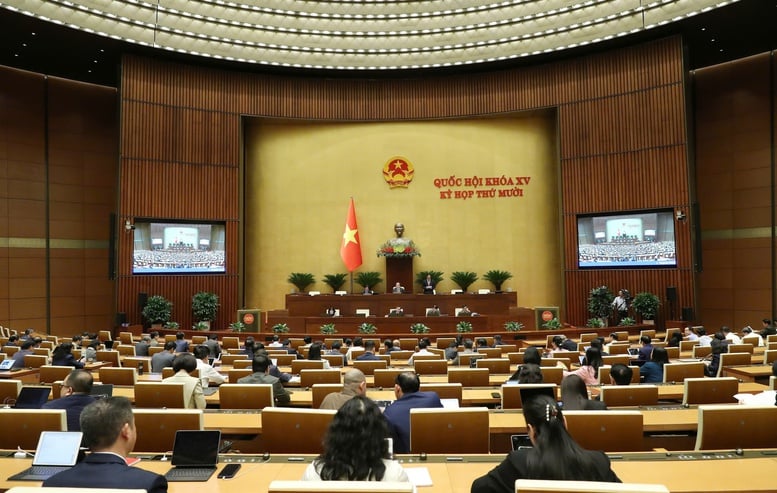
The National Assembly discussed in the hall the draft Law on Cyber Security (amended) and the draft Law on Protection of State Secrets.
These are draft laws of great significance in ensuring national security and sovereignty in cyberspace and enhancing transparency and information security in the digital age.
Speaking at the discussion session, delegate Thach Phuoc Binh ( Vinh Long ) said that the United Nations Convention against Cybercrime, the Hanoi Convention 2025, was adopted by the United Nations General Assembly on December 24, 2024, and opened for signature in Hanoi from October 25 and 26, 2025. This is the first comprehensive multilateral and global international document specializing in cybercrime and international legal cooperation in the field of cybersecurity.
Vietnam's hosting of the signing ceremony has affirmed the country's position, prestige and international integration capacity as well as its proactive role in creating a global cyber security legal framework.
Delegates said that the draft Law on Cyber Security needs to be completed in a direction compatible with the Hanoi Convention 2025 , ensuring digital sovereignty , national security , while respecting human rights and data privacy .
Therefore, delegates proposed to supplement and complete 5 main groups of content . Firstly , expand the scope of the law, add a new chapter in the draft law on cybercrimes and criminalize cyber security violations to clearly identify groups of criminal acts consistent with the provisions of the Hanoi Convention 2025 and ensure connectivity with the Penal Code.
Second , supplement the mechanism for cross-border investigation, electronic judicial assistance and electronic extradition ; clarify the authority of international coordination of the specialized cybersecurity force and allow the retrieval and confiscation of criminal assets according to international treaties.
Third , add a chapter on international cooperation in preventing and combating cybercrime , identifying the Ministry of Public Security, specifically the Department of Cyber Security and High-Tech Crime Prevention and Control A05, as responsible for coordinating the 24/7 network; establishing a Center for coordinating international cooperation and recognizing electronic evidence and digital data provided by foreign countries .
Fourth , clearly stipulate mechanisms for cybercrime prevention and human resource development , including public-private cooperation on information sharing, incident response, training, technical assistance and participation in the United Nations Technical Assistance Fund .
Fifth , supplement the mechanism for monitoring and evaluating implementation , requiring the Government to report to the National Assembly every two years on the situation of cybersecurity, implementation of international treaties and results of international cooperation.
According to delegate Thach Phuoc Binh (Vinh Long), completing the draft Law on Cyber Security in line with the approach of the Hanoi Convention 2025 is a necessary step to affirm our country's pioneering role in multilateral legal cooperation of the United Nations, protect national data sovereignty and build a safe, transparent digital environment for people and sustainable development.
Internalizing the core provisions of the convention into the Law on Cyber Security (amended) this time not only helps ensure international compatibility but also creates the basis for our country to become a regional center for safe and trustworthy cyberspace governance for the people.
Securing State Information in the Age of Artificial Intelligence
Speaking about the draft Law on Protection of State Secrets (amended) , delegate Trinh Thi Tu Anh (Lam Dong) expressed her high agreement with the Government's submission and the review report of the National Assembly's Committee on National Defense, Security and Foreign Affairs , and proposed a number of specific adjustments to ensure compliance with reality and security requirements in the digital age.
Clause 10, Article 5 stipulates that using artificial intelligence systems to commit illegal acts is strictly prohibited under the provisions of this law. Delegate Trinh Thi Tu Anh said that this clause is very progressive in bringing artificial intelligence into the law.
However, it is necessary to clearly define the specific prohibited behaviors, because AI can be used to analyze and extract data, creating a huge risk of revealing secrets without having to appropriate the entire document.
Delegates proposed to clarify the specific scope of the ban, such as strictly prohibiting the use of tools and software that apply artificial intelligence to analyze, synthesize, and summarize the content of documents and information containing state secrets, except in cases where it is permitted by a competent authority and deployed on a system that has been security controlled.
Regarding the scope of state secrets in Article 7, delegate Trinh Thi Tu Anh found that this scope has been built very comprehensively, covering 13 fields from politics, defense, security, economy to science, technology and health... However, Article 7 lists a wide scope that can easily lead to the abuse of secret stamps.
Therefore, the delegate suggested that it is necessary to add a guiding principle clause right in the introduction or add a new clause, possibly Clause 14 as follows: The scope of state secrets must be regularly reviewed and adjusted to narrow it to the maximum to facilitate information disclosure and digital transformation. This principle will create a legal basis for agencies to proactively and seriously declassify old or no longer harmful information, promoting transparency.
Opinions at the discussion session all agreed that amending the two laws is necessary and urgent in the context of cybersecurity, data and artificial intelligence being increasingly closely linked to all activities of the State, businesses and people.
Perfecting the law in the direction of linking security, development and human rights will help Vietnam build a safe and reliable cyberspace , ensure strict protection of state secrets , and promote national digital transformation and deep international integration in the digital age.
Thu Giang
Source: https://baochinhphu.vn/hoan-thien-phap-luat-ve-an-ninh-mang-va-bao-ve-bi-mat-nha-nuoc-trong-ky-nguyen-so-10225110719005295.htm



![[Photo] Da Nang: Hundreds of people join hands to clean up a vital tourist route after storm No. 13](https://vphoto.vietnam.vn/thumb/1200x675/vietnam/resource/IMAGE/2025/11/07/1762491638903_image-3-1353-jpg.webp)






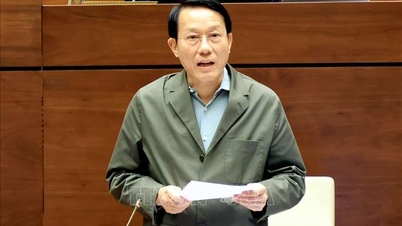







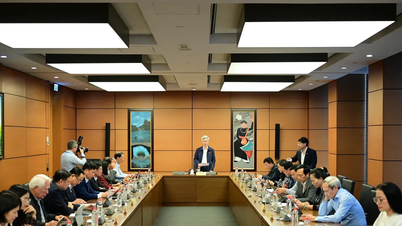
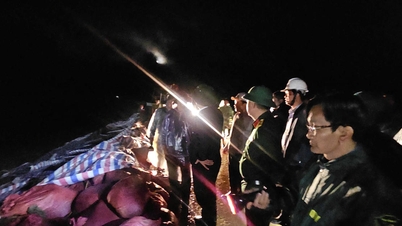

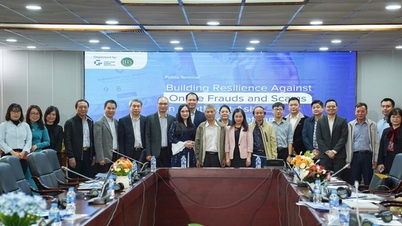

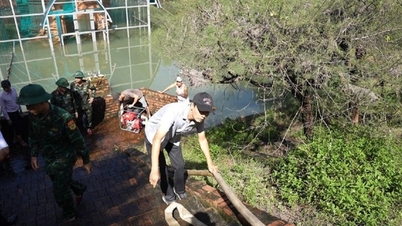











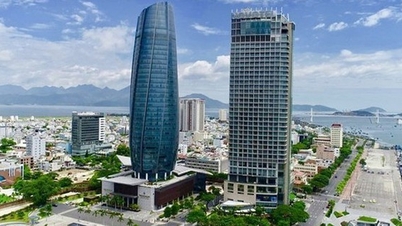
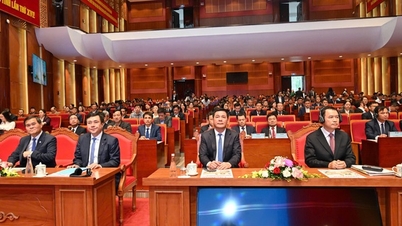






















































![[Photo series] Bu Gia Map National Park "tells stories" of changing seasons](https://vphoto.vietnam.vn/thumb/402x226/vietnam/resource/IMAGE/2025/11/08/1762556754197_ttttttttttttttttt_20251107112659.jpeg)



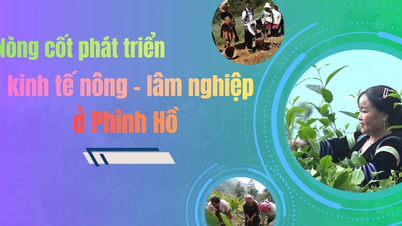
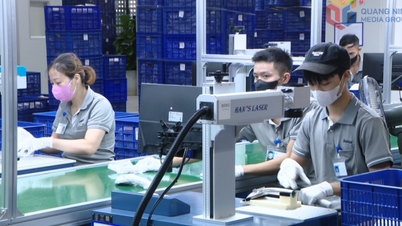















Comment (0)